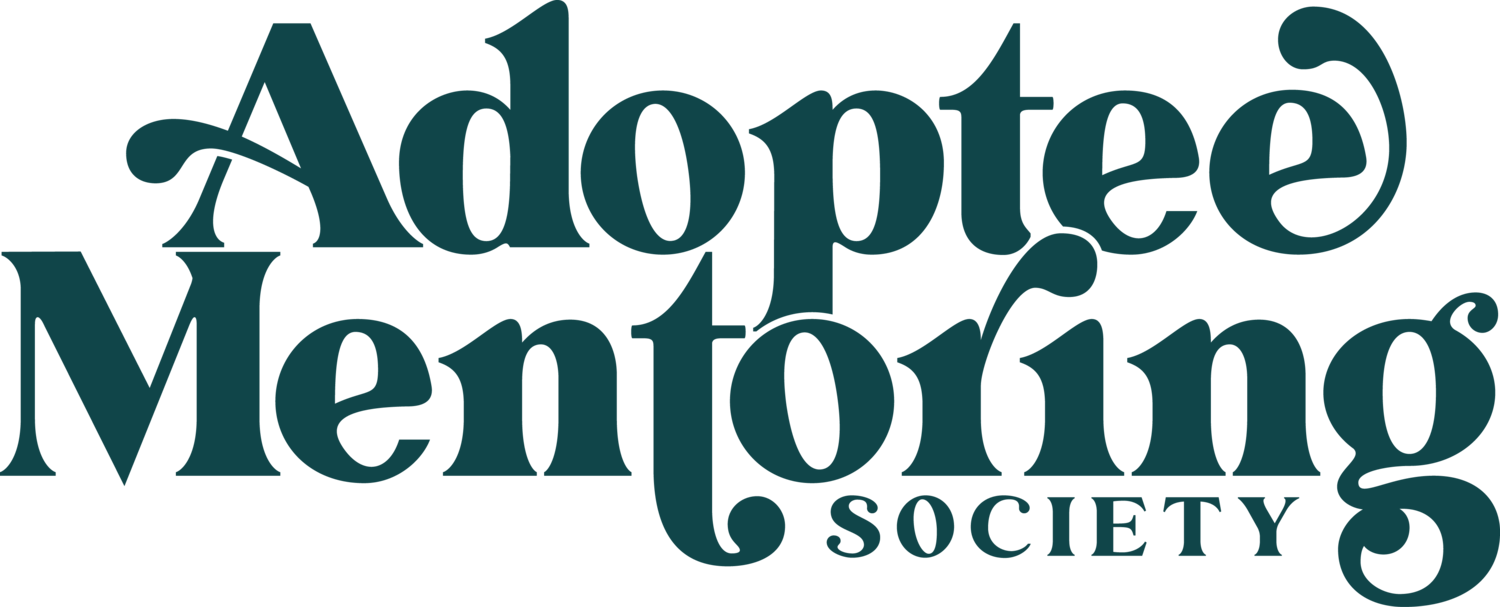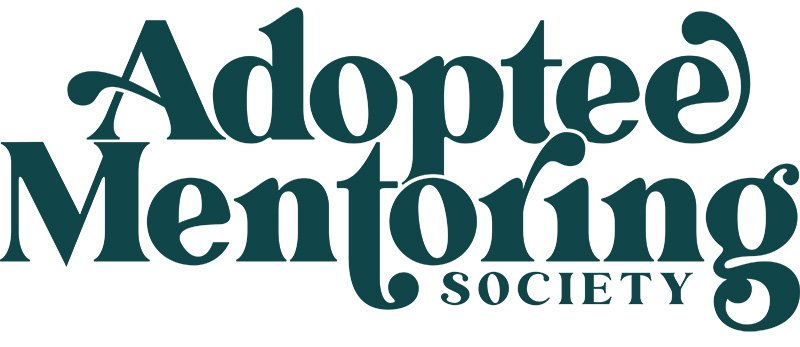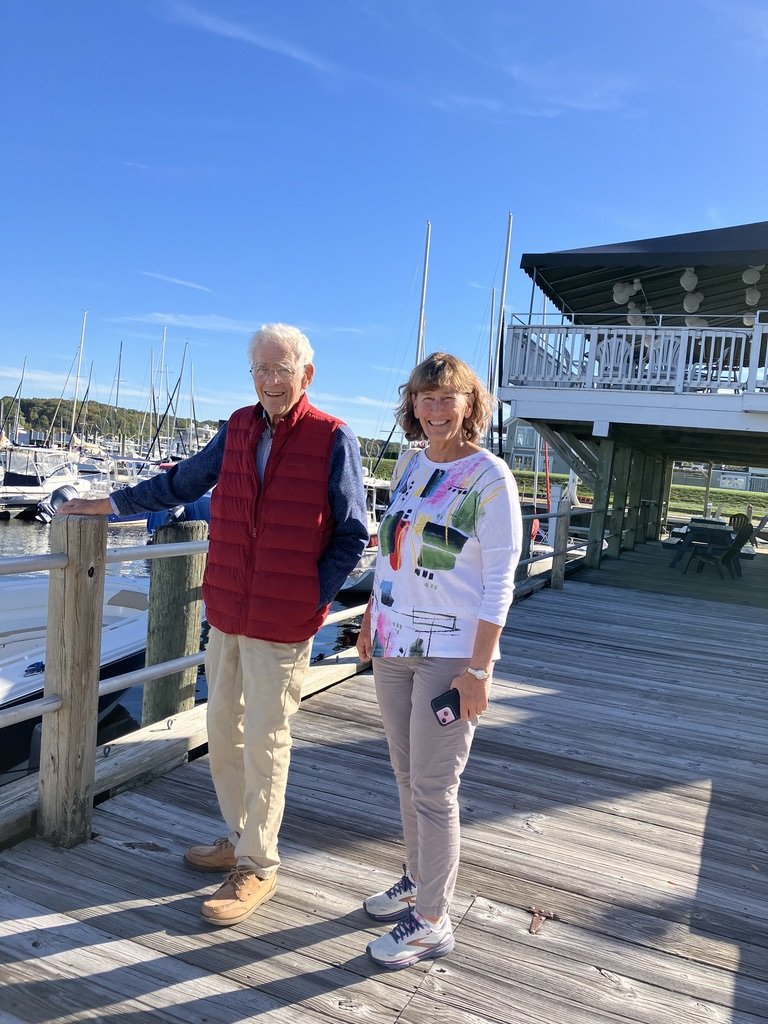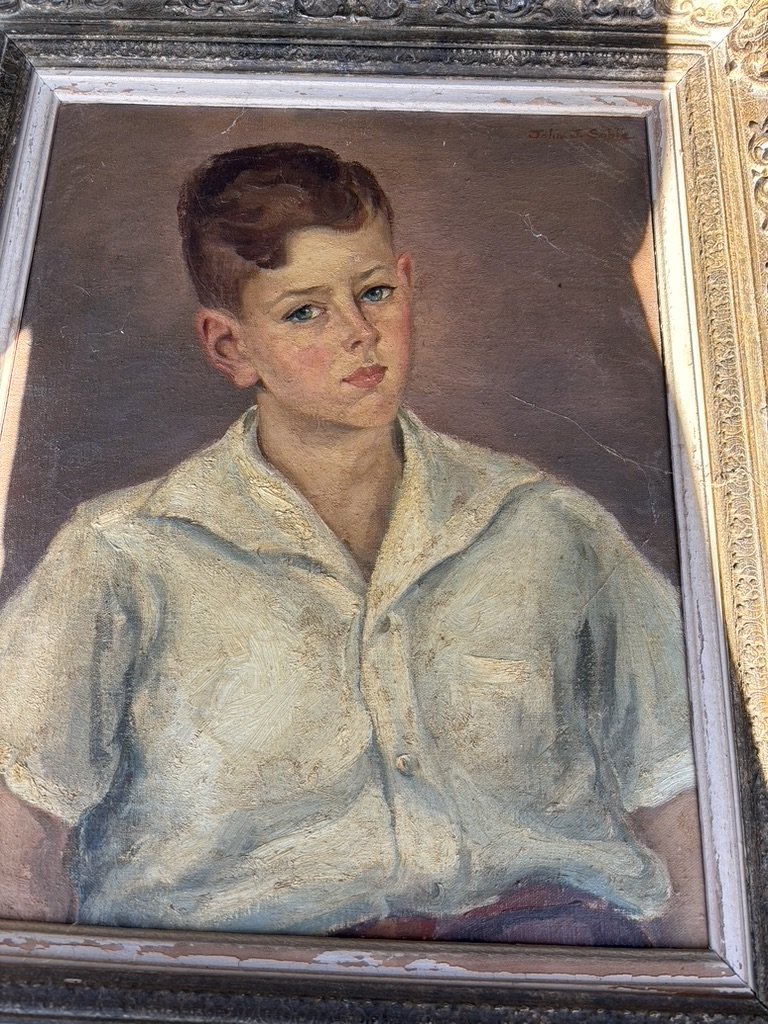My Uncle's a Sailor: A Journey of Reclaiming Birth and Belonging
By Ellen Reeve
Ten-mile swim challenge. There’s something ethereal about water, like a perfect womb perhaps.
As a same-race domestic adoptee from a closed adoption setting, I am proud to serve as an ambassador for the Adoptee Mentoring Society (AMS). I love this definition of an ambassador: an accredited diplomat sent by a country as its official representative to a foreign country. As adoptees, we all bear the title of ambassador. We were sent from our birth places to a foreign land.
Without knowledge of my mission, I assimilated into my adoptive family, unintentionally leaving behind my birth inheritance. It is now up to me to embrace this diplomatic task. As a representative of my biological home, I must announce to my host country—my adoptive family—“I am the half-Jewish ambassador to this white Protestant family. And just so you know, I don’t like golf. I like to swim.”
“How could you not like golf?” they all asked.
This feeling of difference and dis-belonging is a common theme among adoptees that goes well beyond love of sport. I had never deeply discussed adoption with anyone until I found AMS. AMS inspired me to take action. Through a more critical lens on adoption, this inclusive group enabled me to explore and navigate the complex layers of identity and well-being that come with being adopted. Most importantly, AMS provided a safe space—like diplomatic immunity—where we could talk about our host country (our adoptive parents) without feeling judged.
Recently, I began a biological archaeological dig, which unearthed oral histories, archival documents, textiles, photographs, DNA reports, government records, and even an uncle, Moses, I had the honor of meeting. One of the first things Moses shared with me was how much he loved the water. At 89, he told me he had to sell his sailboat because it had become too difficult to get in and out of. But he missed sailing so much that he bought a bigger boat, one that he moors farther out from the dock. It’s easier to board from a smaller boat. He said the water brings him joy, and I understand that joy, too.
Moses and Ellen at the Yacht Club. Prior to meeting Moses this Fall, I had never met anyone related to me other than my daughter.
I have sailed many times with my best friend from high school and have loved swimming my entire life. We talked about the effect of the tide on the docks at Moses’ yacht club, our favorite swim races, and how his doctors had told him to stop swimming for health reasons. “No matter,” he said, pointing toward the calm waters of the Connecticut River, “This is where I will end up.”
For National Adoption Awareness Month, I planned a swim challenge to raise money for AMS. I pledged to swim ten miles in November and raised over $1000. During those laps, I thought of my uncle, who had to stop swimming. I thought of my childhood, swimming while the rest of my family golfed. And I thought of my birth mother, who never had the privilege of swimming in private pools or golfing. Instead, she loved Harley Davidsons, my birth name, and maybe even me. She was 16 when she had me. After giving birth, she returned home, leaving me alone in a children’s home for six months.
Until I met other adoptees, I didn’t know that this type of relinquishment happened to others, too. I learned about the many ways things went wrong before adoption made them right. Many adoptees have missing days—periods of time that are unaccounted for. Not all adoptees love their adoptive parents. There is conflict. The loss of birth parents is rarely discussed enough, and as a result, many adoptees experience dreams in which they are searching in the dark for something they can’t name.
My father, Joe.
When I met Moses, my father’s older brother, he had no idea that his brother had fathered a child. My father died at 20, just months after I was born. He never knew about me; my birth mother had named someone else. While I was in an orphanage, my father, Joe, was dying. Meeting Moses was like receiving a passport to the world before my adoption. He gave me a gift—an oil painting of my father when he was young. Moses said he never liked the painting, that he didn’t respect the artist and didn’t think it resembled Joe. But the painting wasn’t just about Joe. It was about me. My eyes, my ears, my reflexive gaze are captured in that painting. I will eventually take this form.
I believe AMS’s work helps redefine the parts of our lives that went missing—the parts we loved so much, we gave them away. If Moses loved sailing so much that he bought a bigger boat, perhaps as an adoptee, I can piece together the idea that these people—our people—never fully let us go. Maybe they kept on loving us, even in ways we couldn’t see. As an adoptee ambassador, I must work to negotiate, honor, and find peace with my identity as an adopted person.
Ellen Reeve is a retired teacher, an adoptee, an adoptive parent, and an adoption researcher with a recently acquired Ph.D. in Education from Lesley University. She has 2 wonderful children, both studying in college. Ellen’s research interests involve an engagement with pre-adoptive artifacts, material that has been cultured by birth-through-adoption life experiences. Her personal artifacts include photographs, letters, a quilt, an oil painting, orphan documents, and an original birth certificate. She used these artifacts to springboard research with adoptees. She serves as an ambassador for AMS. In her free time, Ellen enjoys pickleball, swimming, travel, and time with her dogs in Colorado.




